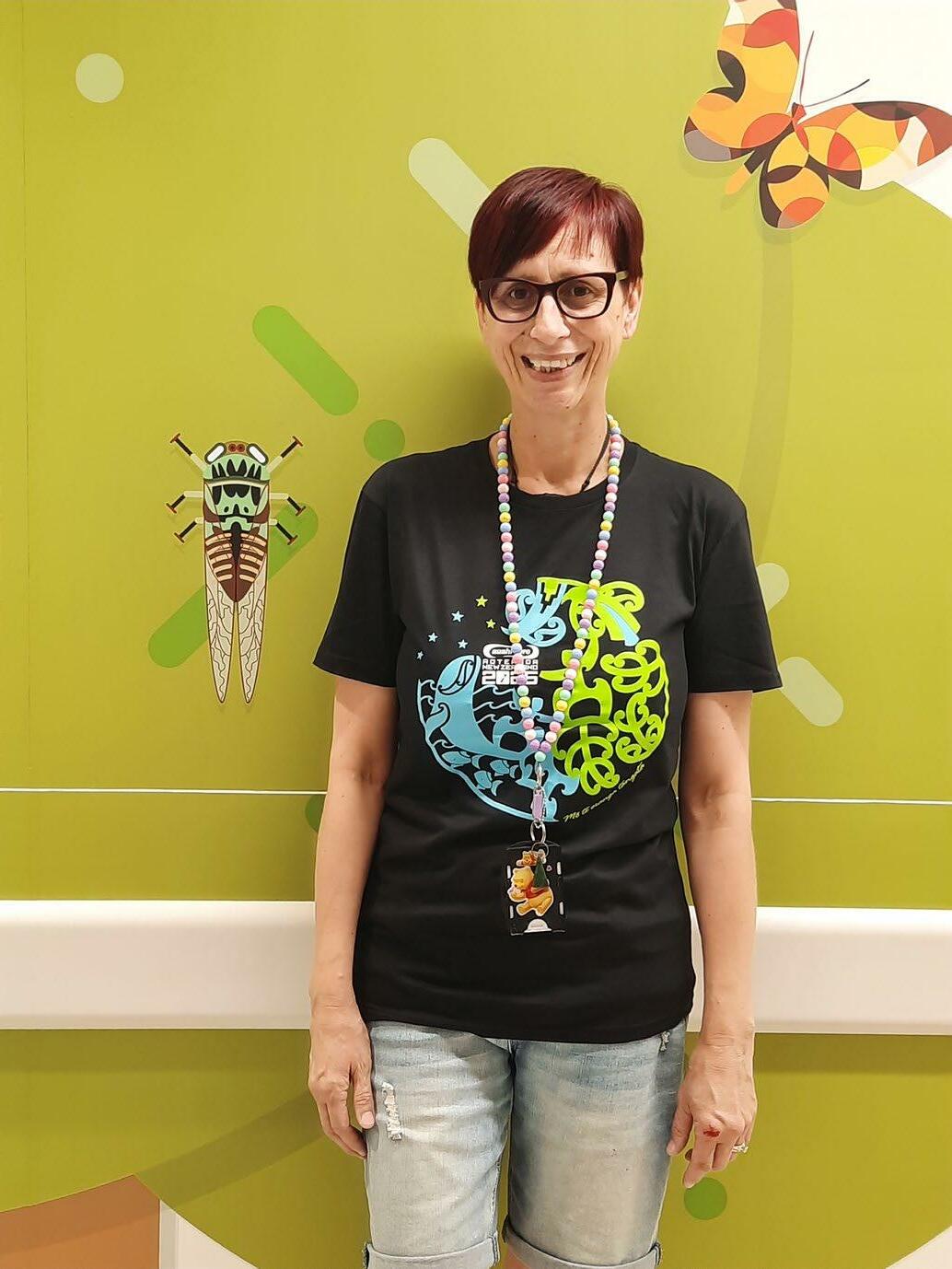
3 minute read
› Marie Cooper - Smokefree Champion
8 February 2022
The Smokefree Education and Liaison team recently had the pleasure of meeting Ward Clerk on the Children’s Surgical Ward, Marie Cooper, and hearing her story of how she managed to conquer her relationship with tobacco. Marie has generously agreed to share her story to inspire others to give ‘smokes the flick’ and to encourage more Canterbury DHB staff and others to be Smokefree Champions too. Thank you, Marie, you are an inspiration.
Advertisement
Why do you think you began smoking?
Especially for our Māori people it’s a generational thing. My mum smoked, Mum and Dad smoked in the house, I smoked, my daughter smokes. I began smoking when I was 14 or 15 and thought I’m never going to be able to give this up. Even when my mum died of cancer from smoking, I still carried on.
What were the costs of smoking?
Smoking takes a lot of your time. It becomes a part of your life. You’ve got to have a smoke before you do anything, like going to the beach, or just after getting out of the car. I would have a puff before a netball game. What a waste of my time, what a waste of my life. And because I played top grade netball and smoked; it could have been better.
What were some key strategies you used to quit smoking?
I didn’t go out for about six or seven months until I felt secure, until I felt safe that I could go out and handle the smell. Quitting cigarettes also required a different approach to stress management. Instead of stressing and using cigarettes to deal with it, I’d go and talk to my partner or my mother-in-law about how I was feeling. You’re not fixing the issue you’re smoking. When you go back, the issue hasn’t been fixed.
What did you do to maintain motivation?
I used a calendar and every day I was smoke-free, I’d cross it off with a red cross. It gave me incentive to keep going – my incentive was my calendar. Something so little, meant so much to me. The more I saw the red crosses, (the) more determination I had to get to the next month and before I knew it, I had a whole year of red crosses and we celebrated it, yay smoke-free!
What did you learn from your smoke-free journey?
In the end I figured it out – to be honest and straight up with yourself. Have the courage to understand you and what’s keeping you holding onto cigarettes. Learn who you are, you are not the addiction. Heal yourself within – be honest – who enjoys smoking really? I didn’t like the taste, I didn’t like paying for them, but I just smoked. I used cigarettes and alcohol as a crutch, it was easier to do than face reality. But once you’re honest about yourself and face it you don’t need those crutches at all.
When asked about how she talks to whānau who smoke…
I use humour and I’m mindful of not lecturing whānau. They’ll walk past me at the front desk, and I’ll ask, “where are you going?” They’ll reply, “I’m going out for some fresh air.” And I’ll say, “you’re going for a cigarette!” They will try and hide from me and go around the back of the ward, and I will say, “I can see you, you need to give that up!”
What motivated you to share your story?
To let others know they too can quit - you can do it; it’s not unachievable. I’ve been to hell and back and I’m here and I feel great, I feel healthy, I’m just a different person, I’m a whole different person. You need to be focussed – everyone has an excuse – at the end of the day just do it, even if you give it 10 goes, don’t give up.
Ward Clerk, Children’s Surgical Ward, Marie Cooper









